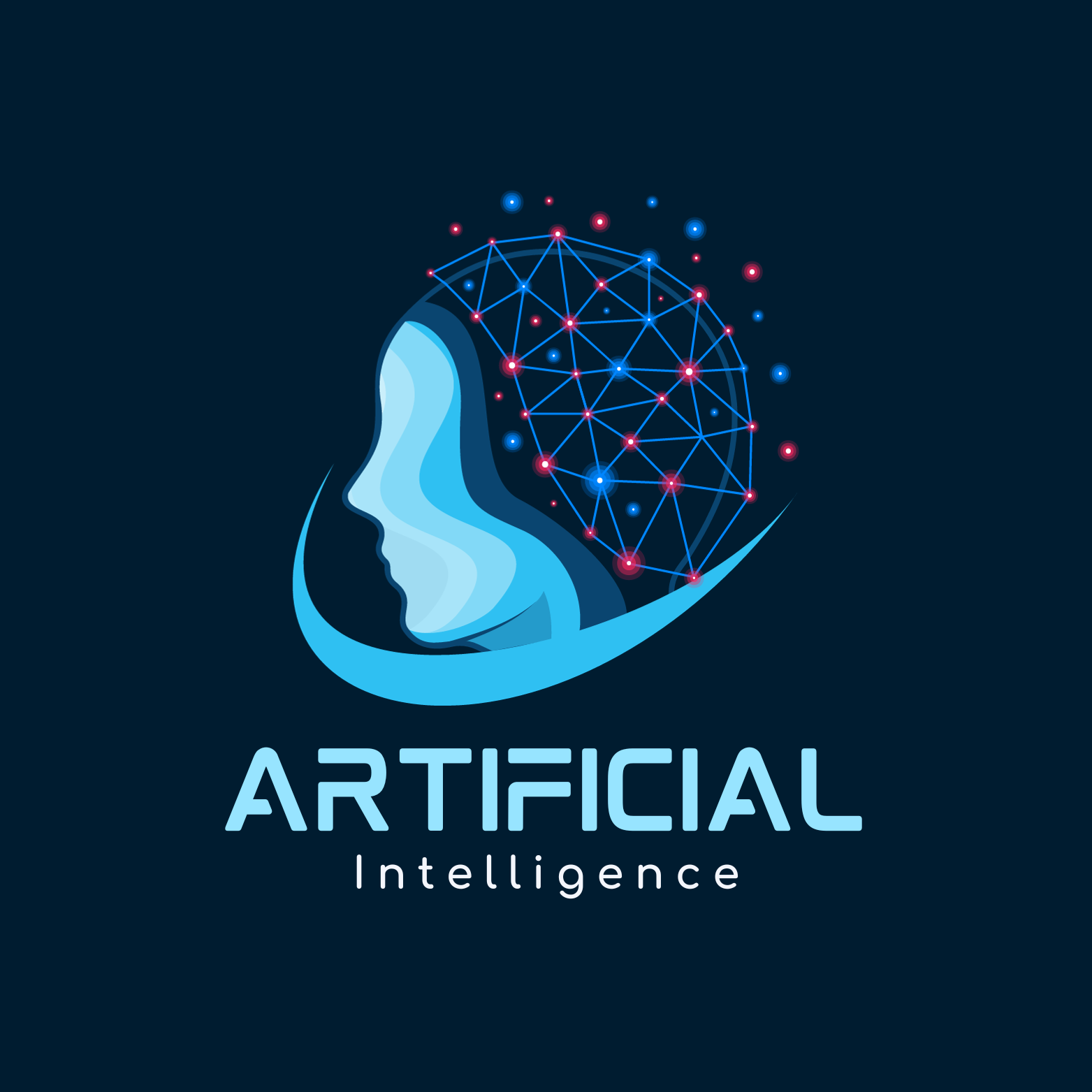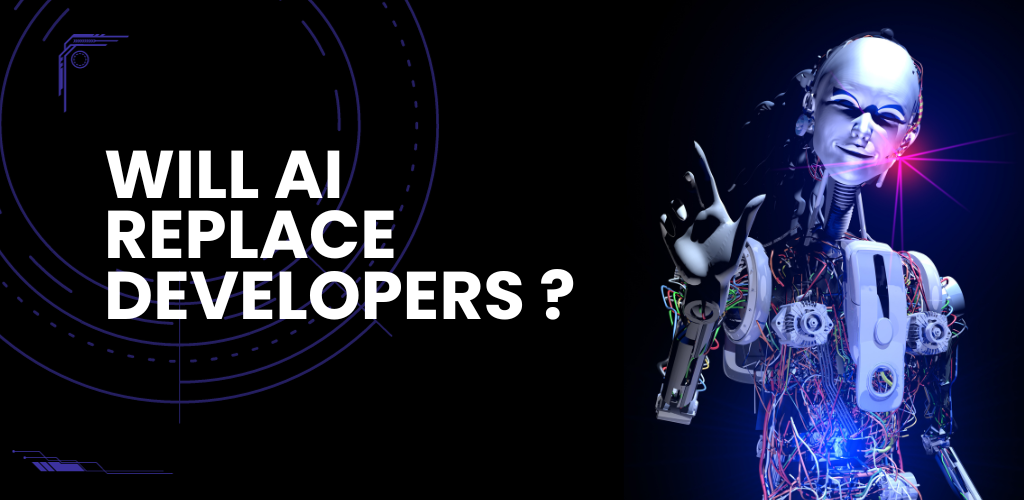
The Future of Programming in the Age of AI

In recent years, artificial intelligence (AI) has made significant strides, prompting discussions about its potential impact on various industries. One field that often arises in these conversations is programming. Will AI replace programmers, or is it more likely to transform the landscape of software development? This article delves into the complex relationship between AI and programming to explore the possibilities and challenges that lie ahead.
The Current State of AI in Programming:
As of now, AI has demonstrated impressive capabilities in automating certain aspects of programming. Automated code generation, bug detection, and even algorithm optimization are areas where AI tools have shown promise. These advancements raise the question: Could AI take over the role of programmers entirely?
The Limitations of AI in Programming:
While AI has proven adept at handling routine and repetitive tasks, it falls short in areas that require creativity, intuition, and a deep understanding of the broader context. Programming is not merely about writing lines of code; it involves problem-solving, critical thinking, and the ability to grasp complex business requirements.
AI lacks the contextual awareness and the ability to make high-level decisions that human programmers bring to the table. Additionally, the dynamic and ever-evolving nature of technology requires adaptability and continuous learning—qualities that are intrinsic to human programmers.
AI as a Collaborative Tool:
Rather than replacing programmers, AI is more likely to serve as a powerful tool that complements their skills. Automated code reviews, smart suggestions for code improvements, and assistance in debugging are ways in which AI can enhance the efficiency of programmers. This collaborative approach allows programmers to focus on higher-level tasks that require human ingenuity.
The Diverse Landscape of Programming:
Programming is a multifaceted field, encompassing a wide array of tasks and specialties. While AI may excel in specific domains, the breadth of programming challenges requires the diverse skill sets and problem-solving abilities that humans possess. Different projects demand unique perspectives and creative solutions, making human programmers indispensable in navigating the intricacies of software development.
Adapting to Change:
As AI continues to evolve, programmers will need to adapt and embrace the opportunities presented by these technological advancements. The future of programming lies in a symbiotic relationship between human expertise and AI assistance. Programmers who embrace AI as a collaborative tool stand to benefit from increased productivity and efficiency.
